A few short weeks before the second annual Black Maternal Health Week, the Baltimore Sun reported that six infants died in their sleep in homes around Baltimore in a six-week stretch between December and January; it was “the worst spate of sleep-related infant fatalities since the city began a campaign in 2009 to teach new mothers how to avoid such a tragedy.”
It’s the latest study to shed light on the tragic state of black maternal and infant health in the U.S.; for example, among infants, African Americans were twice as likely to die before their first birthday compared to Caucasians in 2016.
Johns Hopkins School of Nursing faculty Kelly Bower, PhD, MPH, RN, APHN-BC, and Beth Sloand, PhD, RN, PNP-BC, FAAN, along with Nicole Warren, PhD, MPH, CNM, FAAN, and Dean Patricia Davidson participated in events for the week, taking part in B’more for Healthy Babies’ #BmoreforBlackMamas Twitter chat and sharing important information with students, or future health care providers.
The Twitter chat aimed to “Decolonize Research;” Dr. Kelly Bower interpreted this to mean “raising the voice and power of those with lived experiences in all parts of the research process.”
Chat participants addressed what work is being done to decolonize research in Baltimore City and to elevate and broaden our shared understanding of what is defined as research, who can be a researcher, and what that means for Baltimore City’s Black mothers.
Questions included:
- What is decolonized research?
- Why has it taken research so long to catch up to black mothers’ lived experiences?
- How can we be more inclusive and broaden the definition of research and researchers?
- How do we measure Black Maternal health? What metrics should we also consider?
- How would decolonized research impact your life, your work, and your community? How can we take this “better” research and put it into practice?
- How will you, or what are you already doing to #BmoreForBlackMamas?
Meanwhile, before Black Maternal Health Week began, Dr. Beth Sloand shared the Baltimore Sun article with her students, instilling in them the responsibility providers have to communicate strong safe sleep messages to parents.
Dr. Sloand explains how she incorporates the safe sleep messaging with her patients: “I show one of these videos about infant death prevention to all parents at the 1 week visit, then show the tummy time video at 1 month while again reinforcing safe sleep points. I also share the videos and written materials with my colleagues at my clinical site, Bayview Children’s Medical Practice.”
Dr. Sloand recommends the following resources:
- About SIDS and Safe Infant Sleep
- Safe Sleep for Your Baby (10 Minutes)
- Sueño seguro para su bebé (10 acta)
- Safe Sleep For Your Baby — 60 Seconds
- Safe to Sleep Written Materials
The second annual national Black Maternal Health Week (BMHW) takes place April 11-17, is founded and led by the Black Mamas Matter Alliance, is a week of awareness, activism, and community building intended to:
- Deepen the national conversation about Black maternal health in the US;
- Amplify community-driven policy, research, and care solutions;
- Center the voices of Black Mamas, women, families, and stakeholders;
- Provide a national platform for Black-led entities and efforts on maternal health, birth and reproductive justice; and
- Enhance community organizing on Black maternal health.
Learn more:
- Baltimore just saw the worst spike of sleep-related infant deaths since 2009 — sparking review of program
- Black Maternal Health Week
- Birth Companions
- The death of a young black mother brings attention to the issue of racial health disparities
Read more from On the Pulse:
- Safe Parents, Safe Baby, Safe Sleep
- We Need to Protect Black Moms
- Black moms know the risk, but what are the solutions?
- Racism in Care: Speak Up to Save a Life

ABOUT THE AUTHOR: SYDNEE LOGAN
Sydnee Logan is the Social Media and Digital Content Coordinator for Johns Hopkins School of Nursing. She shares what’s going on here with the world.
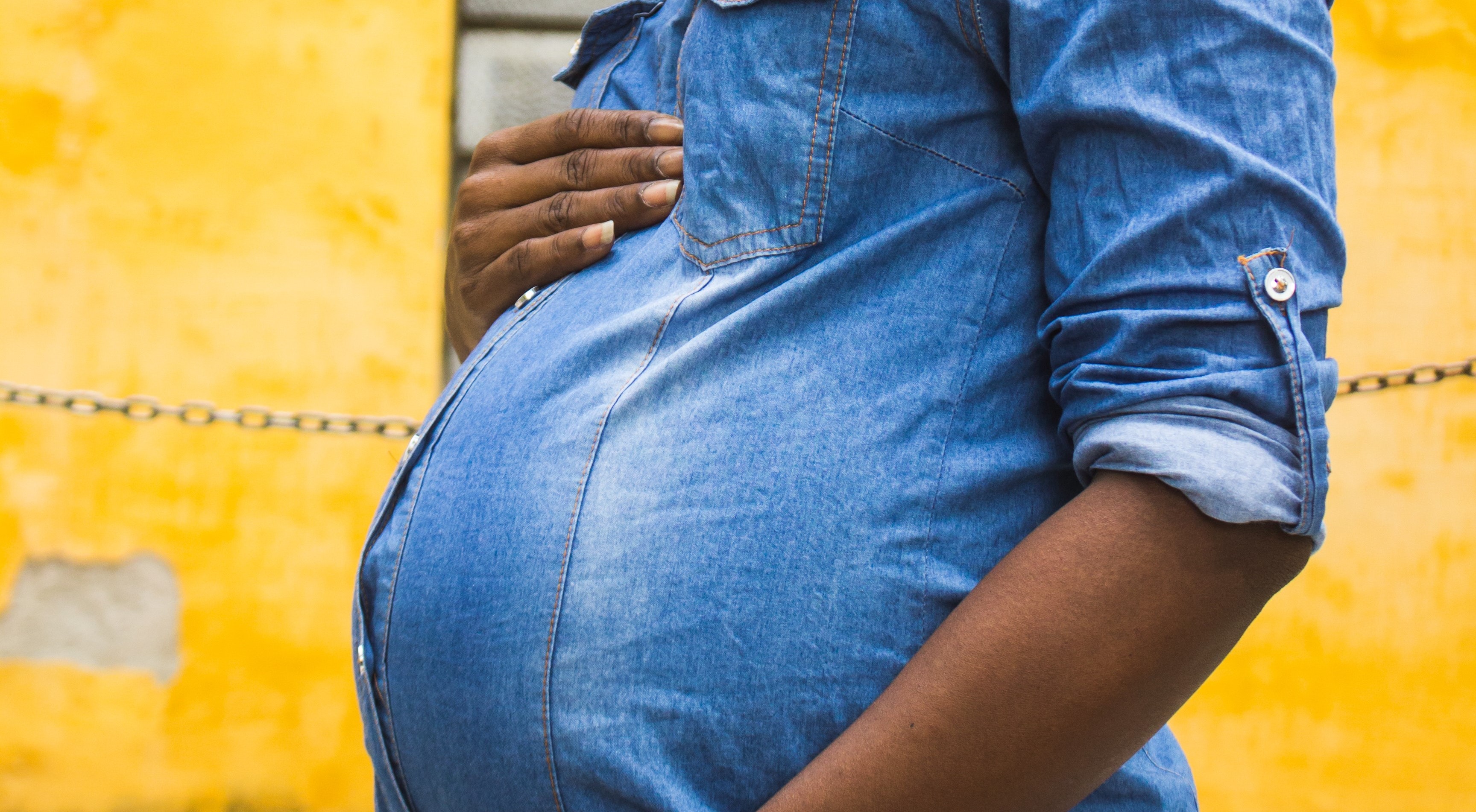
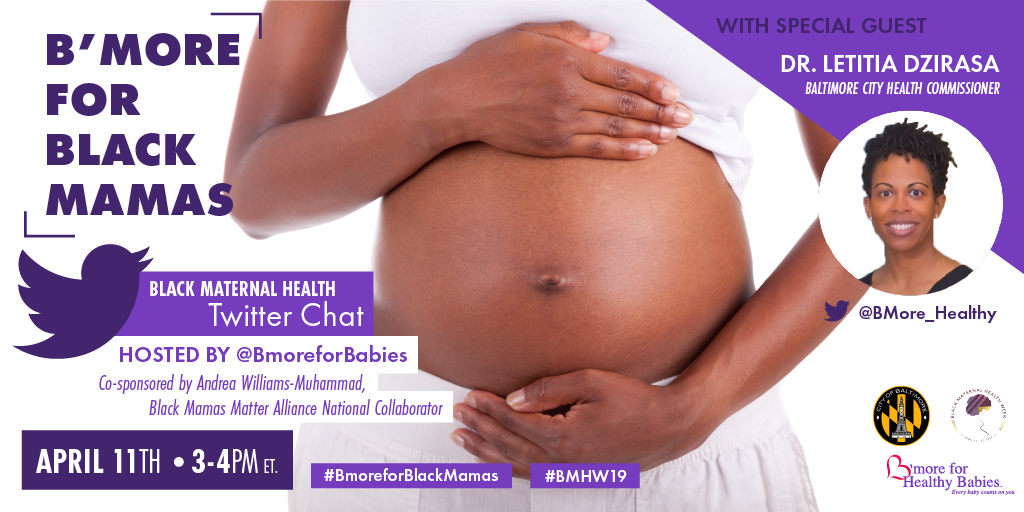
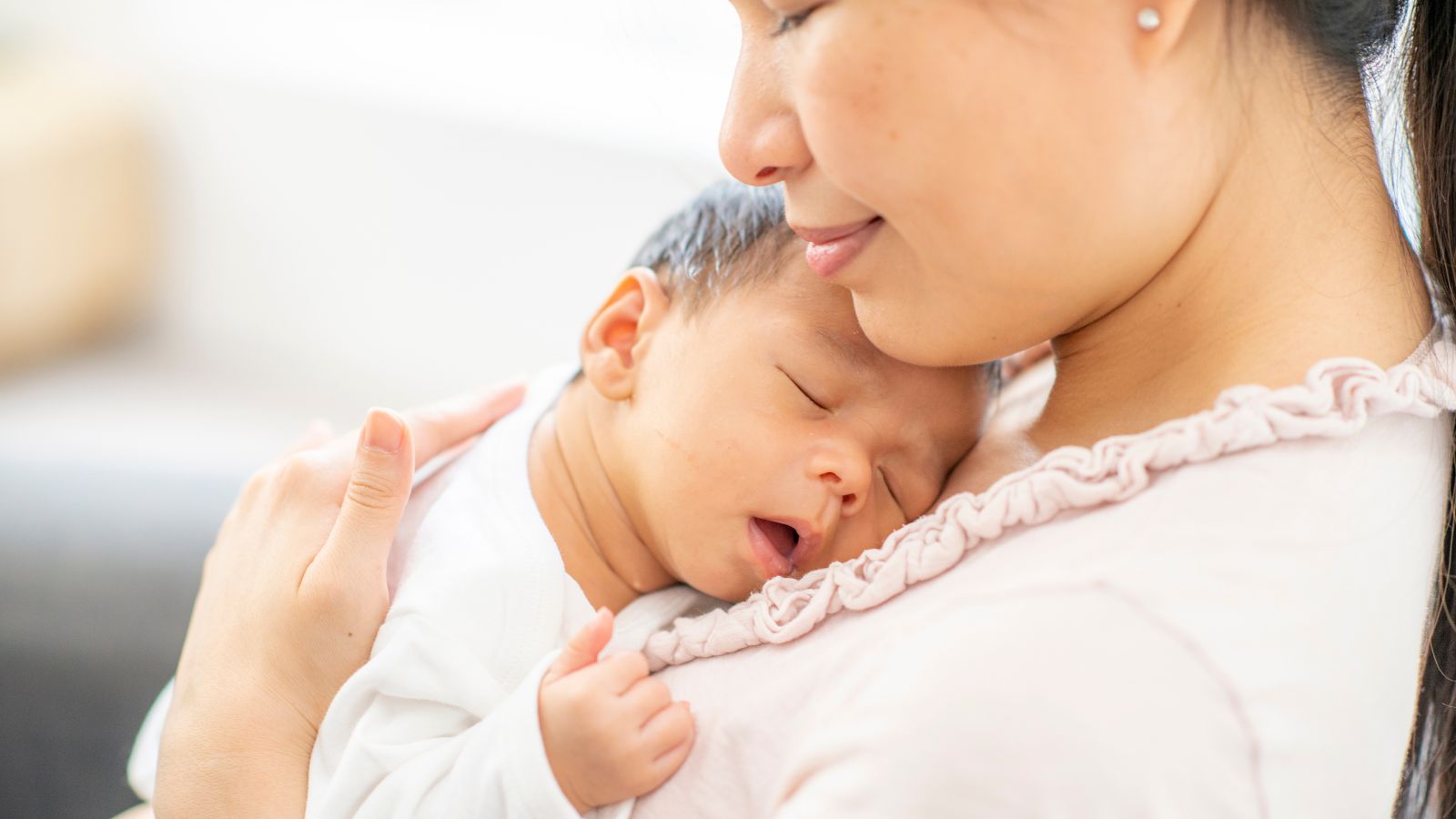 Most People Want to Breastfeed, But Need More Support To Do So
Most People Want to Breastfeed, But Need More Support To Do So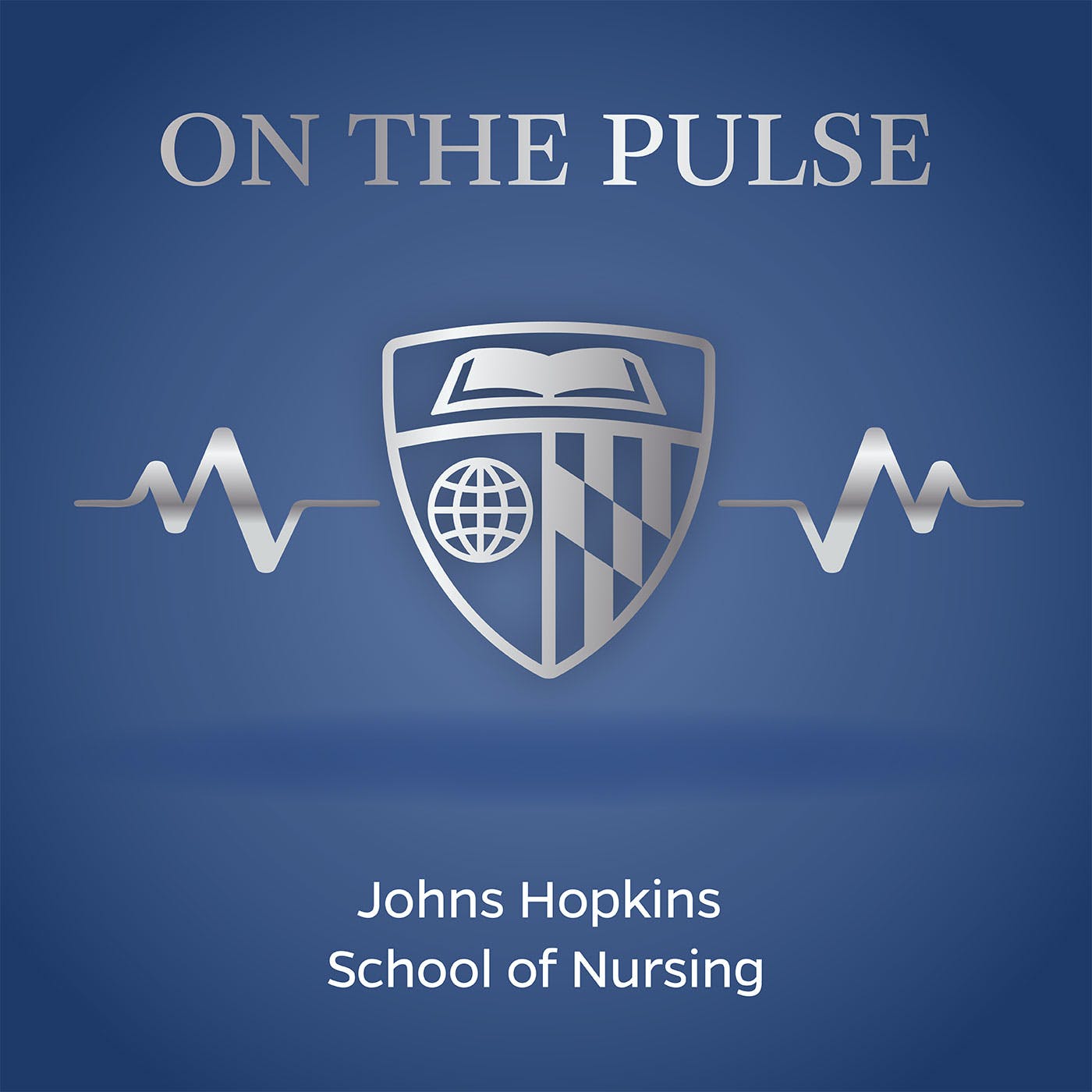 Episode 31: From Erasure to Empowerment
Episode 31: From Erasure to Empowerment Maryland prepares to increase its abortion capacity with Roe v. Wade In Doubt. Dean Sarah Szanton Weighs In.
Maryland prepares to increase its abortion capacity with Roe v. Wade In Doubt. Dean Sarah Szanton Weighs In.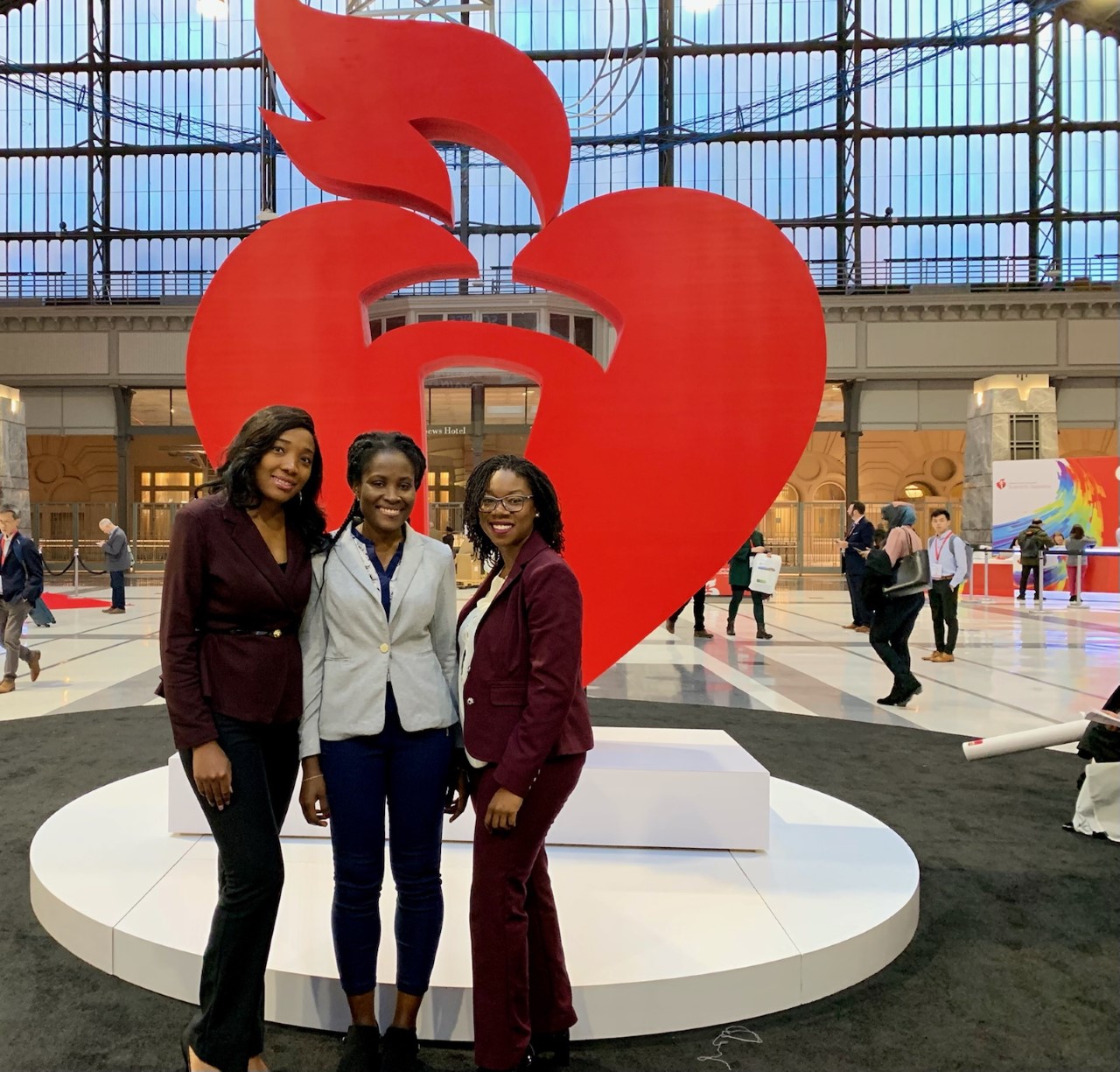 Mentoring the Next Generation of Black Nurse Researchers
Mentoring the Next Generation of Black Nurse Researchers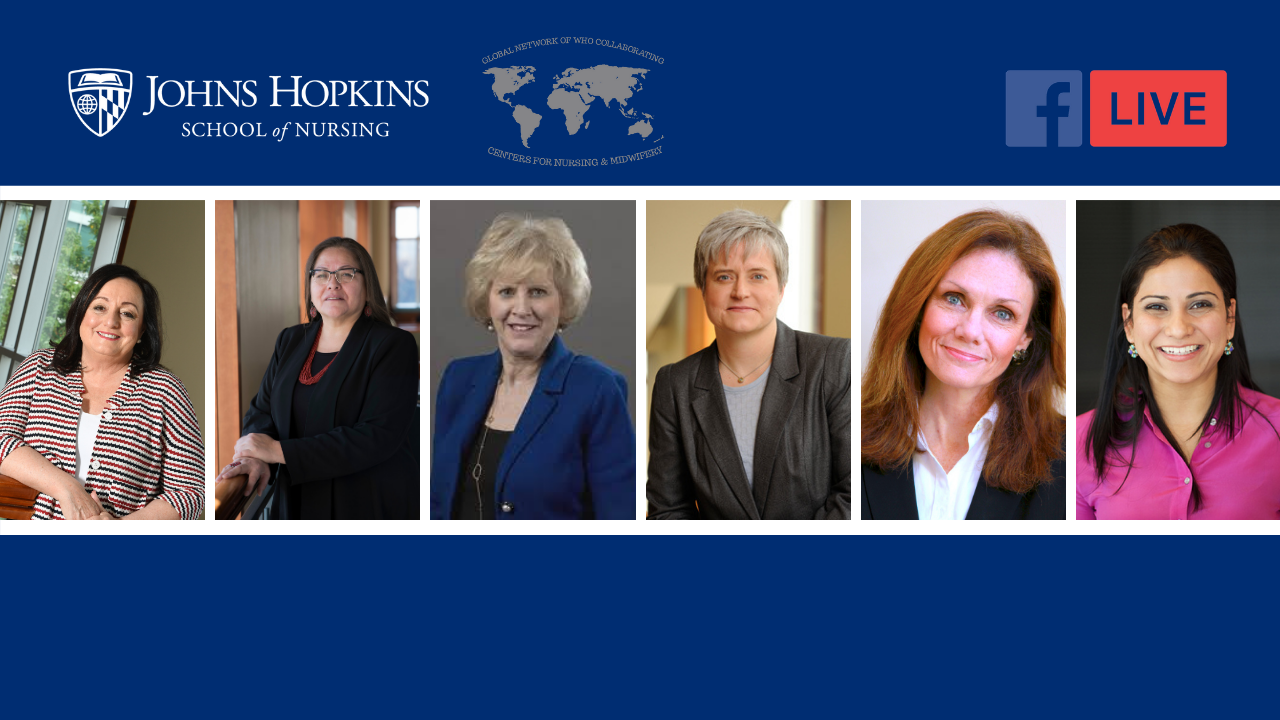 On The Pulse: International Women’s Day
On The Pulse: International Women’s Day







